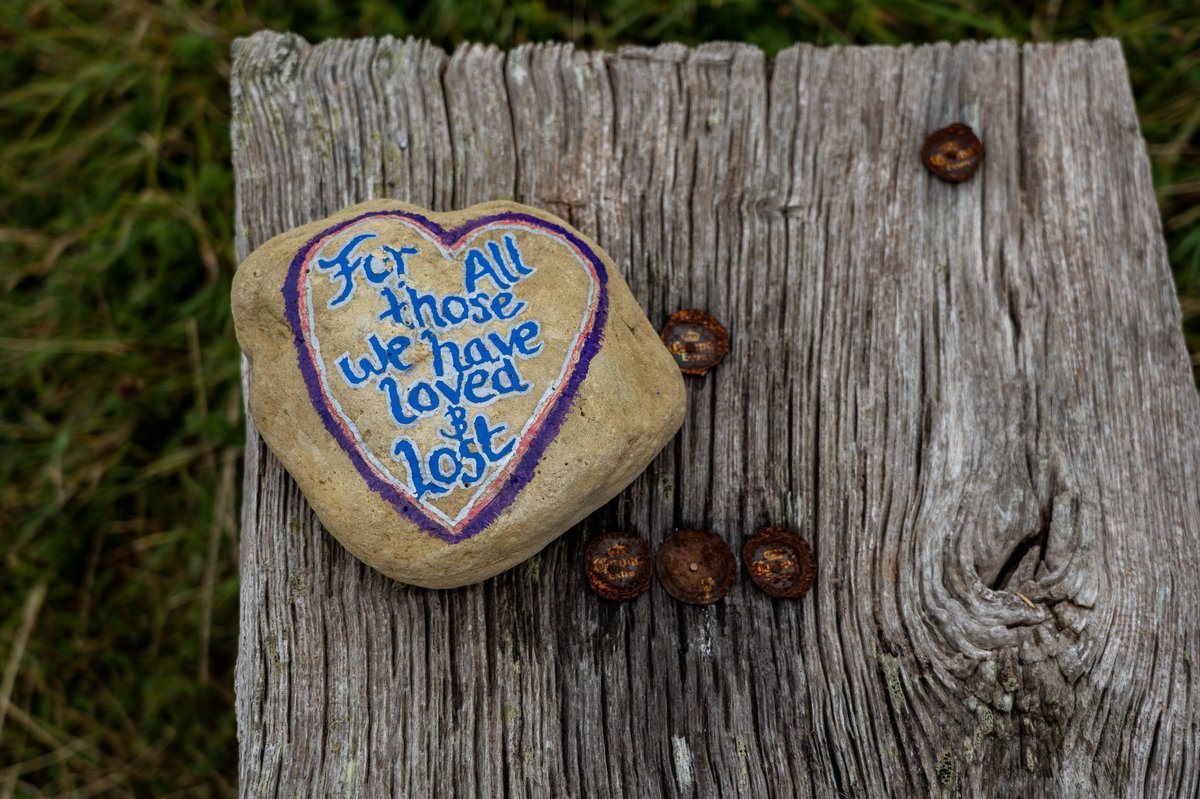A spark of love: National Day of Reflection
Rev'd Dr Trystan Hughes, Christ Church Cardiff, reflects on how we encounter God's love during times of loss.

The past two years have been beyond difficult. So many of us have battled anxiety and worry, faced isolation and loneliness, and been laid down low by illness. And then there are those of us who have endured heartbreak, loss, and grief. The pandemic has left such devastation and alienation in our lives that it sometimes feels as if things will never be the same again. Finding any hope in what we have all been through, let alone meaning, seems a futile quest.
The paradox of the Christian faith, though, is that it reassures us that light can be found in any darkness we face in our torn and troubled lives. Christian thinkers down the ages, reflecting on the biblical witness, relate the hope to be found in our pain and tragedy directly to God’s presence. God certainly does not want us to suffer. Our faith teaches us, though, that he does meet us when we do suffer. God is love, and just a spark of that love can powerfully illuminate the darkness through which we journey. In our afflictions he brings hope to us at the most unlikely times.
God is love, and just a spark of that love can powerfully illuminate the darkness
The experience of so many over the past two years is that hope has broken through suffering in two ways. First, it has come through the kindness of others. Yes, in the great sacrifices that we have witnessed by selfless groups of people, such as those working in hospitals and care homes. But also in the small, caring moments that we have ourselves experienced, whether through words of encouragement, unexpected phone calls, or kind deeds. Second, moments of hope, however fleeting, have flowed from the gifts that life provides – the gifts of nature, memories, laughter, art, music, friendship, and so on. We have all appreciated more-than-ever some precious moments with our families, uplifting walks in the park or countryside, laughter shared with friends, time spent with our pets, and uplifting worship, whether in a church building or online.
It is in the places where we have been touched by God’s love, where we have gleaned strength, hope, and meaning in the midst of the pandemic, that we can discover the why in our torn and troubled lives. This is when we have witnessed Gerald Manley-Hopkins's “grandeur of God”, Hans Urs Von Balthasar’s “patterns of grace”, and Philip Yancey's “rumours of another world”. Through these moments of light and love, God helps us to forge meaning from the apparent meaningless of our suffering. “And here in dust and dirt, O here,” wrote Welsh poet Henry Vaughan, “The lilies of His love appear!” After all, the journey of the Israelites to the land of milk and honey began by learning how to find and appreciate refreshing water in the desert.
Through God's love we have gleaned strength, hope, and meaning in the midst of the pandemic.
And so, however much it seems that suffering might overwhelm us, recognising moments of love and light breaking through is an option that all of us are gifted. This is often the only real freedom left to us when we face trials and tribulations. As such, our suffering will not render us powerless. Instead, we are free to embrace the life-affirming richness of our existence, even in the midst of seemingly dehumanising suffering.
By recognising this fact, suffering can be transformed and redeemed. Like the risen Christ, we will still bear the scars of our pains, the nail-marks of our struggles, but, in recognising where God’s love is to be found, we can emerge from the darkness with hope in our hearts. As Rachel Weisz puts it in the film The Fountain (2006): “These times are dark, but every shadow, no matter how deep, is threatened by the morning light”.
Listen to Trystan's special edition of PodChurch for National Day of Reflection.